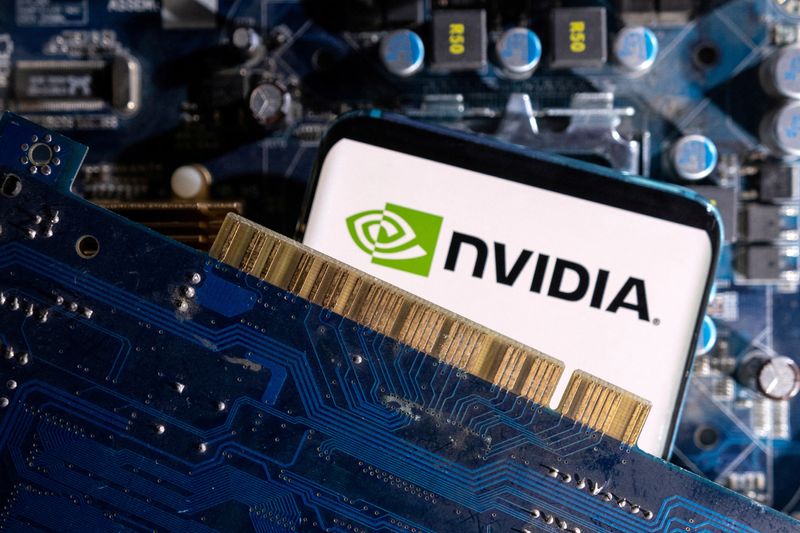Street Calls of the Week
Investing.com -- In a statement on Monday, Nvidia (NASDAQ:NVDA) criticized the Biden Administration's proposed "AI Diffusion" rule, claiming it could severely impact the United States' leadership in artificial intelligence.
Ned Finkle, Nvidia’s vice president of government affairs, expressed concerns that the new regulation would undermine decades of American innovation and economic growth.
The Biden Administration now seeks to restrict access to mainstream computing applications with its unprecedented and misguided ‘AI Diffusion’ rule, which threatens to derail innovation and economic growth worldwide,” Finkle wrote.
Nvidia highlighted the historical importance of the U.S. government's non-interference in the design and sale of computing and software technologies, which has allowed the country to become a global leader in AI.
The company credited the Trump Administration for creating an environment where U.S. industries could thrive without compromising national security.
Finkle emphasized that AI’s integration into various sectors—healthcare, agriculture, manufacturing, and education—has driven global economic growth and positioned the U.S. as a leader in cutting-edge technology.
However, he warned that the Biden Administration’s proposed rule, a 200-page regulatory document, threatens to derail this progress by imposing bureaucratic control over the design and marketing of semiconductors, computers, and software.
“In its last days in office, the Biden Administration seeks to undermine America’s leadership with a 200+ page regulatory morass, drafted in secret and without proper legislative review,” adds Finkle.
Nvidia argues that it would stifle competition, the lifeblood of innovation, and ultimately weaken America's global competitiveness.
While the administration has positioned the rule as a countermeasure to China, Nvidia contended it would do little to enhance U.S. security and instead harm the nation's technological advantage.
Finkle called for a return to policies that promote innovation and competition, asserting that such an approach would better serve American interests and maintain the country’s leadership in AI.
